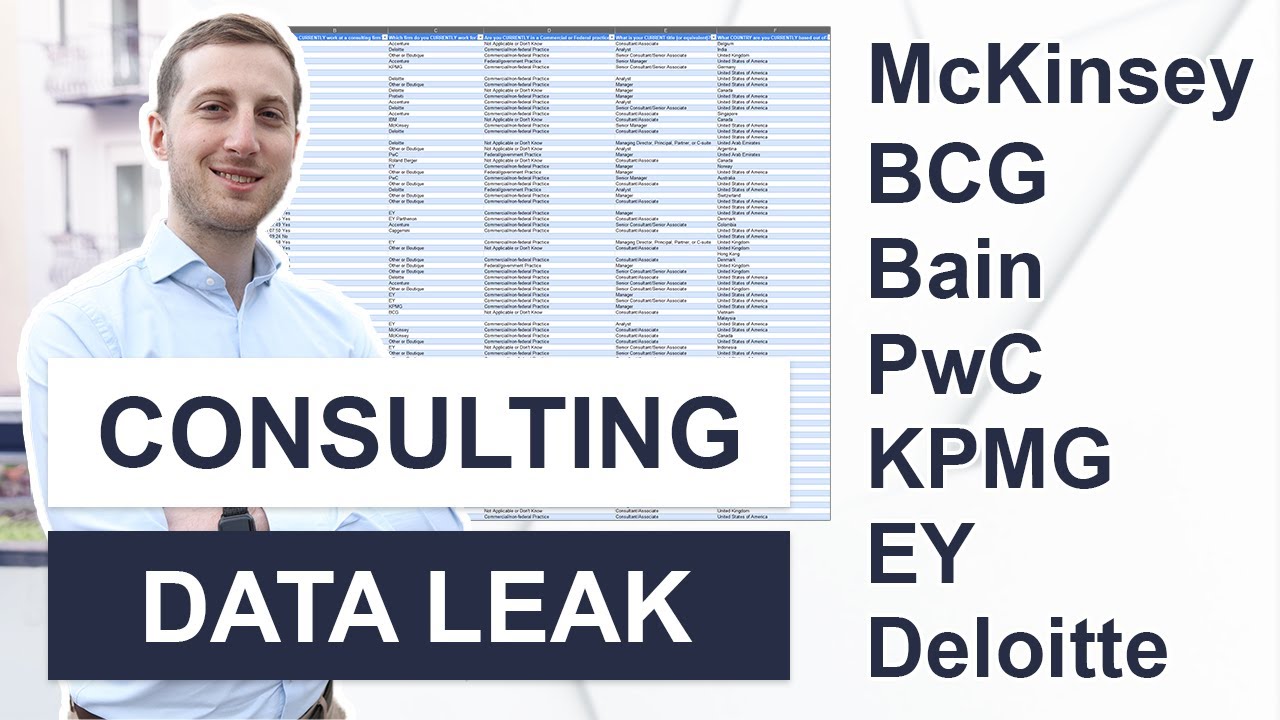
If you're looking to start a business, Texas is a great place to do so. It is consistently ranked as one the best states for business, with thousands settling down here. However, before you can begin your business, it is important to have a plan. This plan will guide you as your business expands and grows. Your business needs to be structured correctly.
Government spending is lower
Texas has less government, which means that there is less red tape and less interference from the government when you start a business. Business owners from less-regulated industries are happy with Texas's welcoming business climate. With less government interference, entrepreneurs can strategize and expand their businesses more quickly.
Texas is an ideal place to open a business due to its low costs and excellent economy. A business license is the first step. A business license is a government-issued document that shows you're allowed to operate in Texas. It can also be used to allow you sell certain products depending on what type of business you have.

Lower charges
Texas has lower startup costs than other states. The cost of trademarks or business licenses is quite affordable, so the government encourages entrepreneurs to start businesses in Texas. Small business owners should also adhere to various federal and local mandates, including Equal Employment laws. To ensure compliance with all laws, it is a good idea to speak with a tax lawyer.
Texas is a great place to start a business. The Texas Small Business Handbook offers information on how to do it. Establishing an LLC is not cheap in Texas. It depends on the type of company and its direction.
Option to work laws
When starting a business, it is important to understand the different labor laws in Texas, including the option to work laws. These labor laws may make or break your startup. A few states, like California, ban non-compete agreements from being included in employment contracts. California prohibits noncompetes as employment contracts, but Texas does not. Both states, however, consider geographic and time limitations when determining noncompete laws.
Friendly climate
Texas offers a favorable business climate, a low tax burden, and an excellent business climate. The state does not have a corporate income or personal income tax. This makes Texas one of the most business-friendly in the country. This helps businesses grow their workforces and increases profits. The state also works to make their environment competitive, so businesses can thrive.

Whether you are planning a new manufacturing facility or a new technology start-up, Texas is a great place to set up shop. Many Fortune 500 companies are located in Texas. The state also has a large workforce of highly-skilled workers. You will find the state a perfect place to set up your business due to its low cost of live, varied geography, and little regulation.
FAQ
Do I have to pay tax on consulting income
Yes. You will have to pay taxes on your consulting profits. It depends on how much income you make per year.
You can also claim expenses if you are self-employed. This includes rent, childcare, food, and transportation.
But you won't be able to deduct interest payments on loans, vehicle depreciation, or the cost of equipment.
You cannot claim back less than PS10,000 in a given year.
However, even if your earnings exceed this threshold you may still be subject to tax depending on whether or not you are a contractor or an employee.
Employers are taxed via PAYE (pay as your earn), and contractors through VAT.
Who hires consultants
Many organizations employ consultants to assist in projects. These can include small businesses and large corporations, government agencies as well non-profits and educational institutions.
These consultants may work directly for the organization, or freelance. The hiring process will vary depending on the complexity and size of the project.
When hiring consultants, you will probably go through several rounds of interviews before choosing the person you think would be best suited for the position.
What should your consulting fees be?
It all depends upon what you offer. If you are providing services for free, then there isn't any point in charging anything. If you sell products or services, however, you must set prices based upon value.
If you are offering low-quality services, you don't have much to sell. Why would anyone pay anything for you?
If you are providing high-quality services, then you could ask for a higher price because people recognize the value you provide. You may also want to offer discounts to clients who buy multiple packages from you.
Which industries employ consultants
There are many different types. Some are specialists in one type or another of business.
While some consultants only work for private companies, others represent large corporations.
Some consultants can also help businesses all around the globe.
How is consulting different from freelancing
Freelancers can be self-employed people who provide their services to clients, without the involvement of employees. They typically charge hourly rates based on time spent working on a client's project. Consultants are usually employed by companies or agencies. Consultants are typically paid either monthly or annually.
Because they set their own hours and prices, freelancers are often more flexible than consultants. However, consultants often have better benefits, such as health insurance, vacation days, sick leave, retirement plans, etc.
Statistics
- According to statistics from the ONS, the UK has around 300,000 consultants, of which around 63,000 professionals work as management consultants. (consultancy.uk)
- WHY choose me: Why your ideal client should choose you (ex: 10 years of experience and 6-week program has helped over 20 clients boost their sales by an average of 33% in 6 months). (consultingsuccess.com)
- "From there, I told them my rates were going up 25%, this is the new hourly rate, and every single one of them said 'done, fine.' (nerdwallet.com)
- On average, your program increases the sales team's performance by 33%. (consultingsuccess.com)
- 67% of consultants start their consulting businesses after quitting their jobs, while 33% start while they're still at their jobs. (consultingsuccess.com)
External Links
How To
How To Start A Consultancy Company, And What Should I Do First?
Start a Consulting Company to make some extra money from home. You don't have to have any business experience. You can start your own consulting firm by building a website. Once you've built a website, you'll want to use social media platforms such as Facebook, Twitter, LinkedIn, Instagram, Pinterest, YouTube, etc... to get the word out about your services.
With these tools, you can put together a marketing plan that includes things like:
-
Create content (blogs).
-
Contacts are essential for building relationships
-
Generating leads (lead generation forms)
-
Selling products online
Once your marketing strategy is developed, you need to find clients willing and able to pay for your services. While some people prefer to attend networking events and groups, others prefer online methods like Craigslist, Wikijiji, or Kijiji. The choice is up to you.
Once you have found clients, you should discuss terms and payment options. This could include flat fee contracts, hourly fees or retainer agreements. It's important to know what you expect before accepting a client so you can communicate clearly throughout the process.
An hourly contract is the most popular type of contract for consulting services. You agree to offer certain services at a fixed fee each month or every week. You might be able, depending on which service you offer, to negotiate a discount. When you sign a contract, make sure you fully understand it.
Next, create invoices. Send them to your clients. Invoicing can be a complicated task until you actually attempt it. There are many ways that you can invoice your clients depending on what your preferences are. Some people prefer to email their invoices directly, while others prefer to mail them hard copies. No matter what method you use, ensure it works for your business!
After creating invoices are complete, you will need to collect payments. PayPal is preferred by most people because it is simple to use and offers many payment options. However, other payment processors are available, including Stripe, Square Cash, Google Wallet, Apple Pay, Venmo, etc.
Once you are ready to start collecting payments, it is time to open bank accounts. Separate checking and savings accounts allow you to keep track of income and expenses separately. Setting up automatic transfers into your bank account is also helpful when paying bills.
While starting a consultancy company may seem daunting, once you master the basics, it becomes easy to manage. Check out this blog post for more information about starting a consultancy company.
A consulting business is a great way of making extra money without worrying about your employees. Many consultants work remotely, which means they don't have to deal with office politics or long hours in the office. Since you are not tied down by regular working hours, you have more flexibility than a traditional employee.